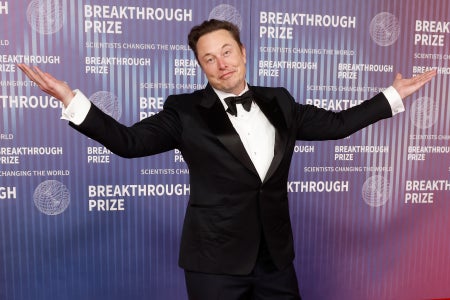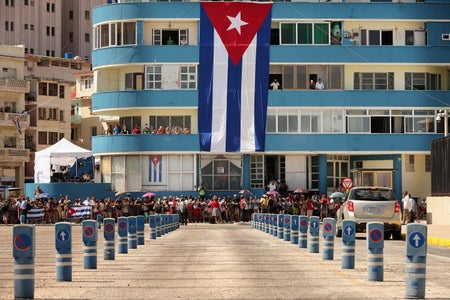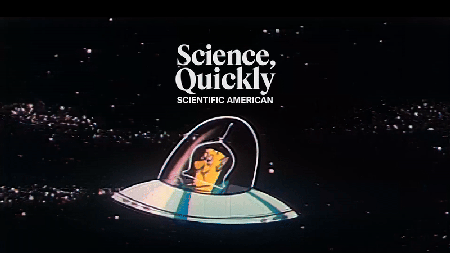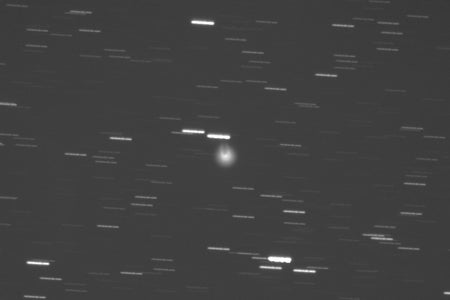
Elon Musk Owes His Success to Coming in Second (and Government Handouts)
The world’s richest man, Elon Musk, owes his superstar success to self-satisfied competitors who blew obvious opportunities
Dan Vergano is a senior Opinion Editor at Scientific American since 2023. He was previously a science reporter and editor at Grid News, BuzzFeed News, National Geographic, and USA Today (where he was the science reporter for 14 years). He wrote a weekly science column, "Science Snapshots" for USA Today for seven years, and has written freelance reports for the Washington Post, Men's Health, Science, New Scientist, Science News, Air & Space Smithsonian, and others.
Starting in the 1990s, Vergano has become best known for pioneering new approaches to investigative science journalism, in reporting ranging from State Department cover-ups of "Havana Syndrome" findings to the peer reviews of the "Arsenic-Life" fiasco to the botched HHS investigation of the CDC's failed coronavirus vaccine. He was a leading national reporter in coverage of climate change in the 2000's, of the overdose crisis in the 2010's, and coronavirus vaccines in the pandemic. He broke the news that space shuttles had suffered excessive heating due to foam strikes before the Columbia disaster in 2003, and published a feature report on the suspected Anthrax killer in 2004, a year before the FBI identified the suspect.
Dan is the chair of the New Horizons committee for the Council for the Advancement of Science Writing, and a journalism award judge for both the American Association for the Advancement of Science and the U.S. National Academies of Science, Engineering and Medicine. He taught journalism as an adjunct professor for New York University from 2012 to 2014, and was a 2007-08 Nieman Fellow at Harvard, where he studied the intersection of politics and science. He has won the 2011 Gene S. Stuart Award by the Society for American Archeology, 2006 David Perlman Award for Deadline Science journalism by the American Geophysical Union and was a Finalist for 2001 Missouri Lifestyle Journalism award.
Vergano has a B.S. in Aerospace Engineering from Penn State and an M.A. in Science, Technology and Public Policy from George Washington University. He worked as a space policy analyst for a federal-funded research and development center prior to starting his reporting career.

Elon Musk Owes His Success to Coming in Second (and Government Handouts)
The world’s richest man, Elon Musk, owes his superstar success to self-satisfied competitors who blew obvious opportunities

People with ‘Havana Syndrome’ Show No Brain Damage or Medical Illness
The largest and most comprehensive studies of ‘Havana Syndrome’ point to stress or group psychology as likely explanations for most “anomalous health incidents”

The Government’s Former UFO Hunter Found Something More Concerning Than Aliens
Sean Kirkpatrick looked into the skies and deep into government archives for extraterrestrials. What he found is, to him, more concerning than little green men.

‘Millennium Falcon’ Comet Sprouts Icy Wings as It Loops around the Sun
Comet 12P/Pons-Brooks, headed for its closest encounter with the sun next year, has started to heat up, leading to a cinematic outburst of icy volcanism